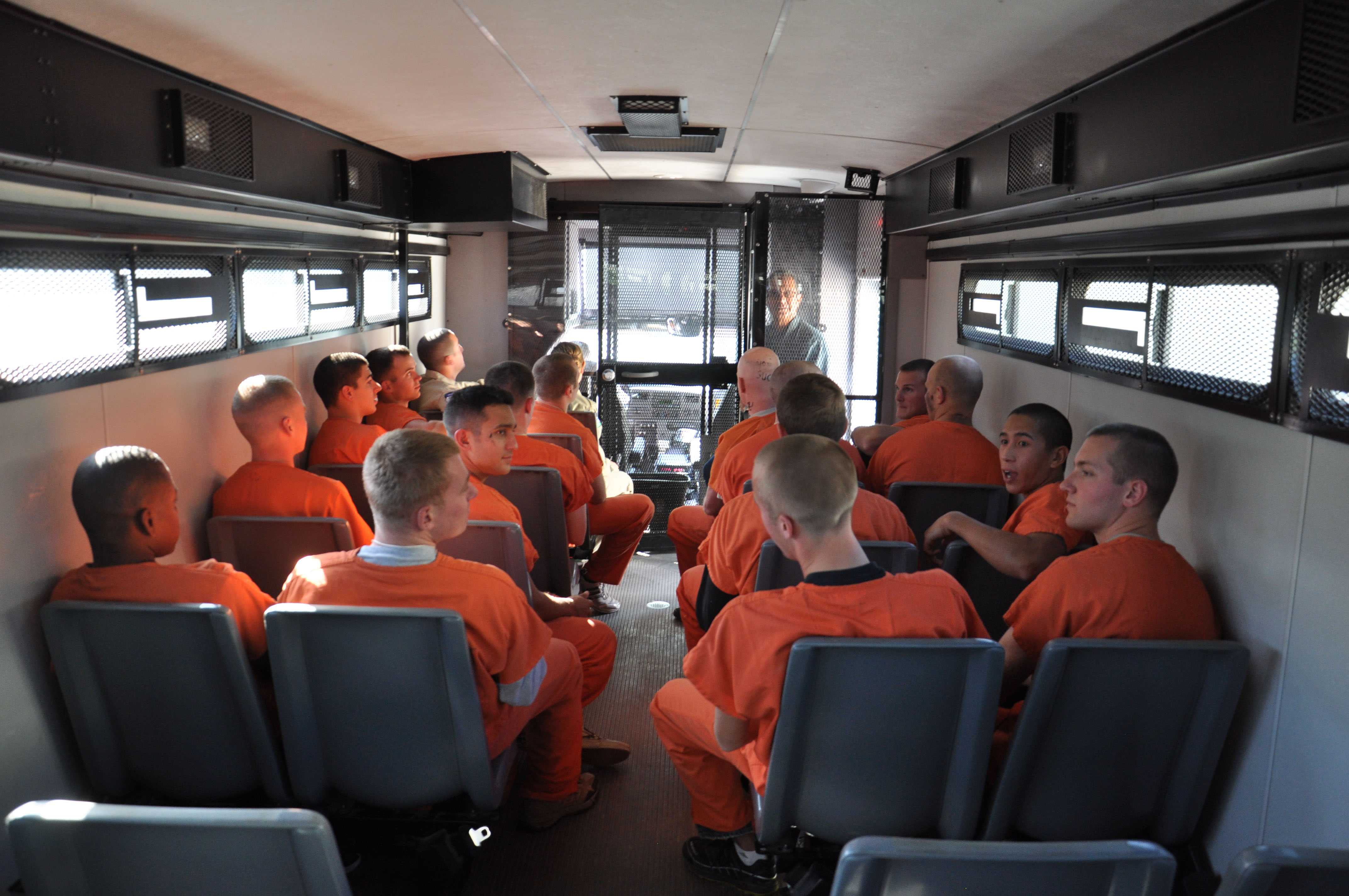Today, over two million people sit trapped in US prisons. The War on Drugs—which increased mandatory minimum sentences, stiffened penalties for low-level nonviolent drug crimes, and encouraged police involvement in urban areas, predominately home to minorities—led to the US prison population skyrocketing to what is now the largest in the world, in total number and per capita. This upsurge in incarceration is the result of more arrests and lengthier sentences, not an increase in crime.
Maltreatment of people behind bars has grown along with the prison population. Over 21 percent of people in prison have reported being physically assaulted by guards, and such abuse on mentally ill people imprisoned is commonplace. In the past five years, sexual assault reports have also increased. People in prison nationwide too often experience frequent physical and emotional abuse while behind bars.
Despite the many harms people incarcerated face, their options for redress are virtually nonexistent. The Prison Litigation Reform Act (PLRA), intended to curb unnecessary prison litigation, save taxpayer dollars from overburdened courts, and reduce federal involvement in state penal policy, passed in 1996 with overwhelming bipartisan support. Though the intentions behind its passage may have been pure, its primary effect has been to make it incredibly difficult for people in prison to sue prisons on the state or federal level. The PLRA is a barrier to justice for an already vulnerable population, and it must be repealed.
The extensive rules that govern people imprisoned’s litigation abilities disproportionately harm less educated and low-income people in prison. The process they must go through to file a claim is filled with technicalities and red tape, and justified claims can arbitrarily be thrown out before they make it to court. To make matters worse, once a person behind bars has filed three claims, the $400 fee to file another can no longer be waived, creating a financial hurdle for those wishing to hold prisons accountable for any wrongdoing.
When André Lee Coleman-Bey was working to appeal a past decision, his fourth attempt at litigation, he was not given access to legal counsel. As a kitchen worker, he receives 17.5 cents per hour. At this wage, he would need work 30 hours per week for two years in order to afford an appeal. And even for those who manage to save up the money, justice doesn’t come easily. District courts can screen the complaints that do emerge from prisons and can dismiss them without giving any notice to the claimant or allowing the claimant to respond to the dismissal.
Most troubling is the lack of redress that survivors of sexual harassment and abuse in prison have due to the PLRA. People imprisoned are not eligible for compensation without physical injury, meaning that those with psychological trauma due to abuse by guards or others cannot receive compensation for their mistreatment. Even after the passage of the Prison Rape Elimination Act (PREA) in 2003, many people who were raped by guards lost their claims because they “did not make any claim of physical injury beyond the bare allegation of sexual assault.” Although the PREA was amended in 2013, it still defines the scope of sexual assault narrowly and excludes sexual harassment.
The passage of the PLRA was supposed to reduce litigation and prevent federal meddling in state law, but it has instead prevented judicial oversight of prisons. Although the law has reduced the number of lawsuits, there is no evidence that it has only eliminated frivolous ones. If that were true, there would have been an increase in the number of successful lawsuits. Instead, people imprisoned are losing more and more cases. The PLRA sets such high standards that even cases with reasonable claims can be summarily rejected by courts. Since the US has no agency to oversee prisons—as is customary in most industrialized countries—the PLRA eliminates the few legal pathways that could hold prisons accountable.
The current system desperately needs to be overhauled. A repeal of the PLRA may increase litigation in the short term, which critics worry will cost taxpayers. But if costs are a real concern, the target should be the criminal justice system as a whole, which costs the government $80 billion annually. More fundamentally, removing restrictions on prison litigation will help protect some of the most vulnerable US citizens. People behind bars today pay a price that goes far beyond their sentence. The PLRA strips them of their rights and only makes prisons more dangerous.
